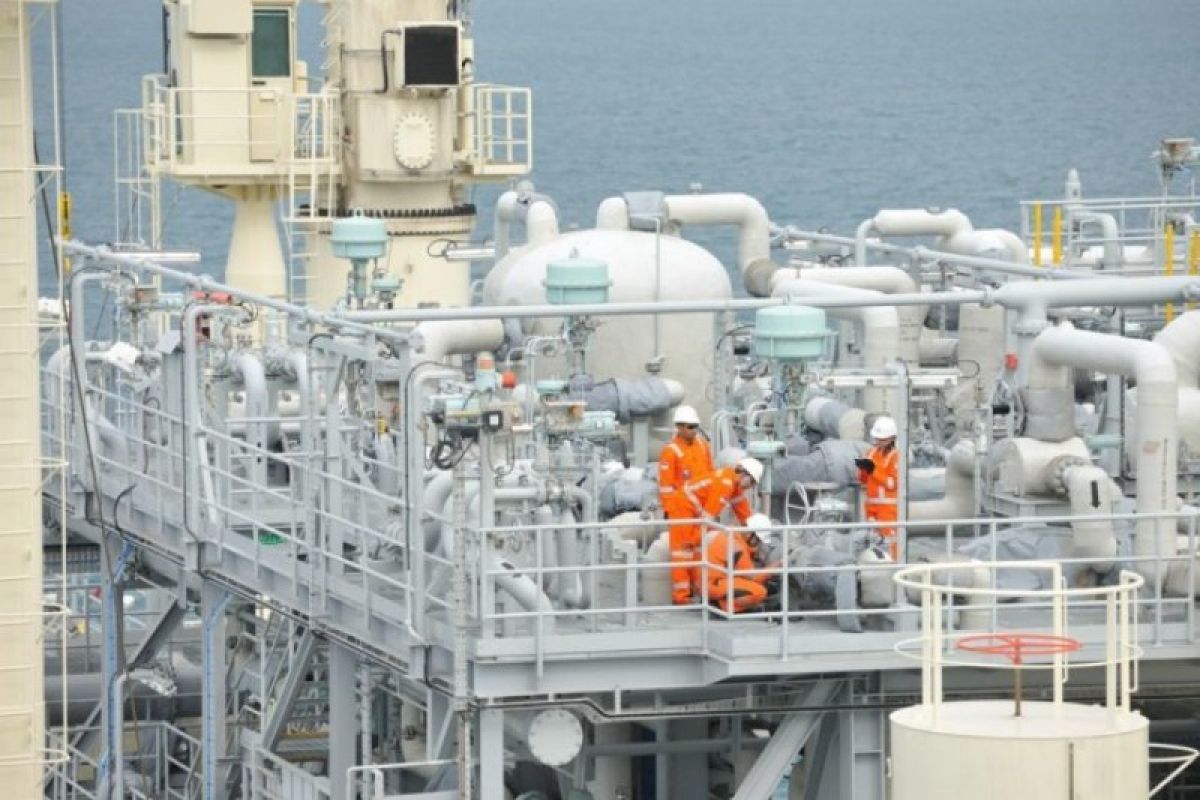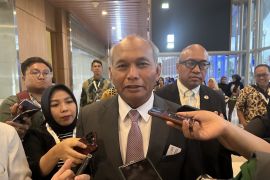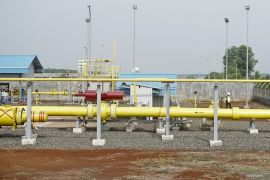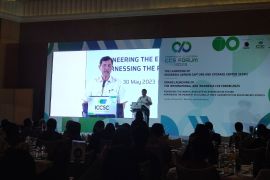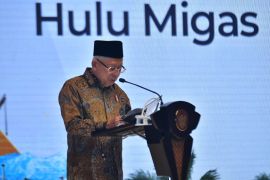Hence, gas exports will undoubtedly drop in line with increased gas utilization in the country.
"Optimizing domestic energy sources for domestic utilization is part of the efforts to enhance Indonesia's energy independence and national security," Head of Communication, Public Information Services, and Cooperation Bureau of the ESDM Agung Pribadi noted in a statement received by Antara here on Monday.
Pribadi reiterated that not only gas is the priority for meeting the domestic requirement but also crude oil produced by Contractor of Cooperation Contracts (KKKS), which was earlier exported but is currently absorbed optimally by state oil and gas company Pertamina.
Pertamina reported absorbing 135 thousand barrels per day (bpd) of KKKS' crude oil until mid-May 2019. In July 2019, Pertamina is expected to take up 225 thousand bpd of KKKS' crude oil.
The ESDM remarked that as of April 2019, the share of natural gas utilization in Indonesia had reached 64 percent, while exports dropped to 36 percent.
The utilization of domestic gas for industry reaches some 25 percent, fertilizers, 12.2 percent; electricity, 11 percent; domestic liquefied natural gas, or LNG, 10.6 percent; oil lifting, 3.2 percent; domestic liquefied petroleum gas. or LPG, 1.7 percent; gas fuel, 0.14 percent; and city gas pipeline, 0.07 percent.
Domestic gas allocation surpassed exports for the first time in 2013, reaching 53 percent. Domestic gas utilization has steadily risen and could reach 64 percent. In 2009, the share of domestic gas utilization was recorded at just 47 percent, while in 2003, the figure reached only 25 percent.
This is in line with Article 6 of Government Regulation Number 79 of 2014 on National Energy Policy that stipulates energy independence and energy security is achieved by utilizing energy resources that are not solely exported commodities but serve as a country's capital for development.
"If we want to lower the oil and gas trade balance deficit, we could continue to export gas. However, this is not our national energy policy. Gas is not merely an export commodity but should be a development capital to increase national economic growth," Pribadi added.
EDITED BY INE
Translator: Bambang Purwanto
Editor: Fardah Assegaf
Copyright © ANTARA 2019
